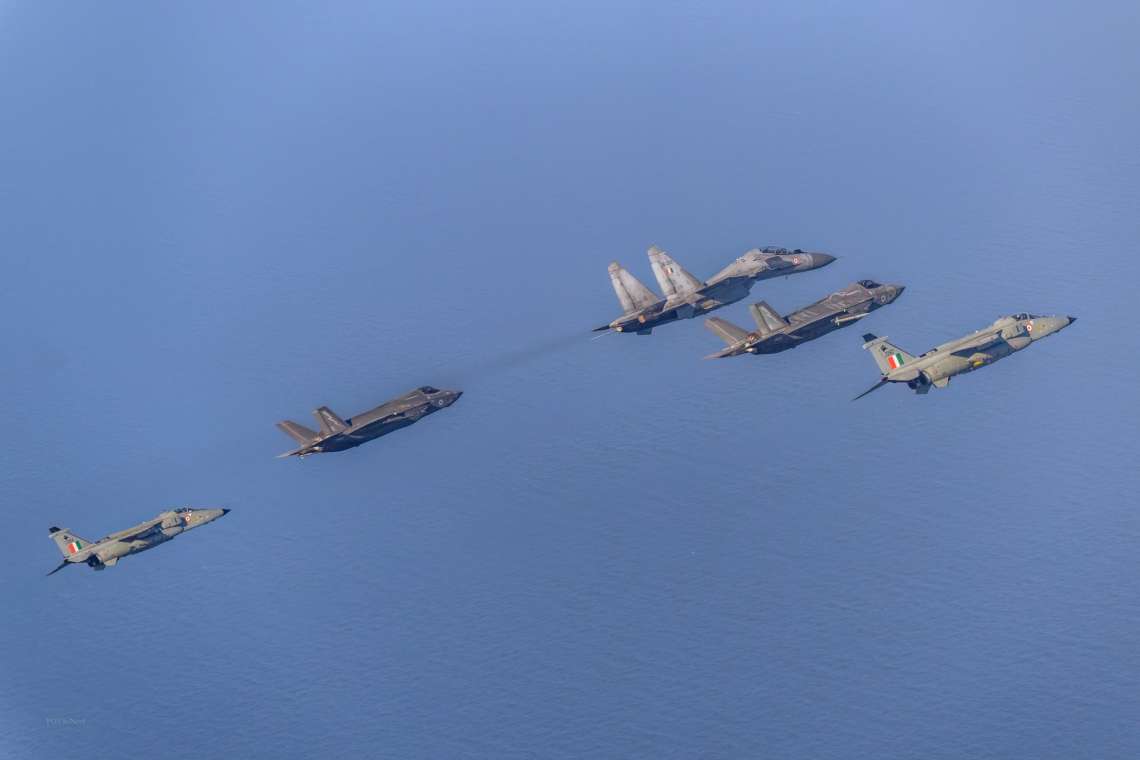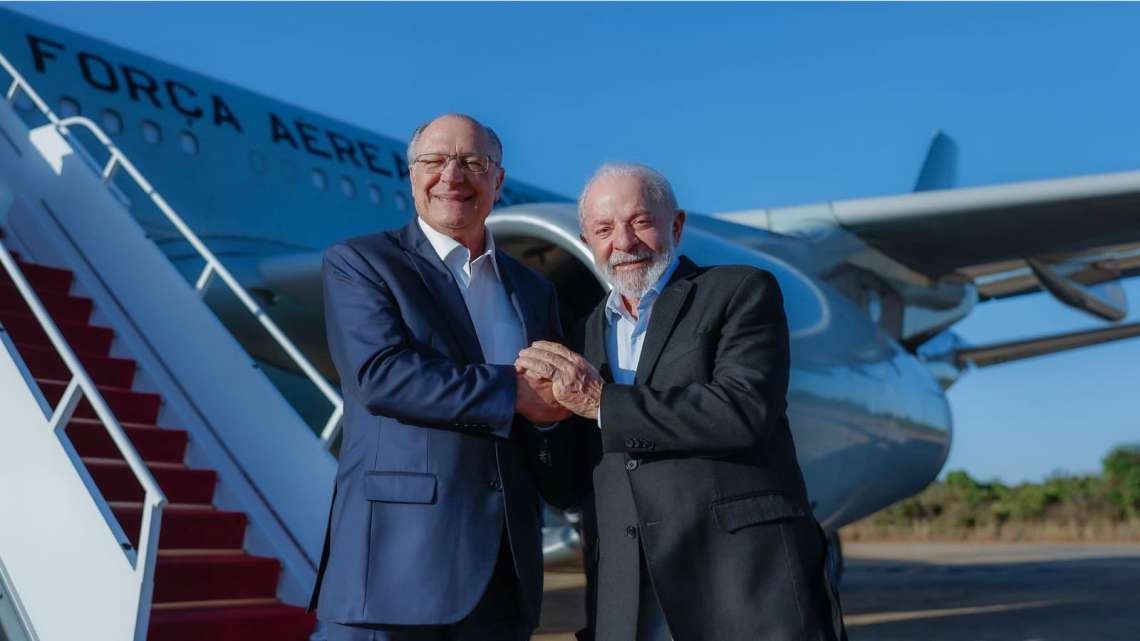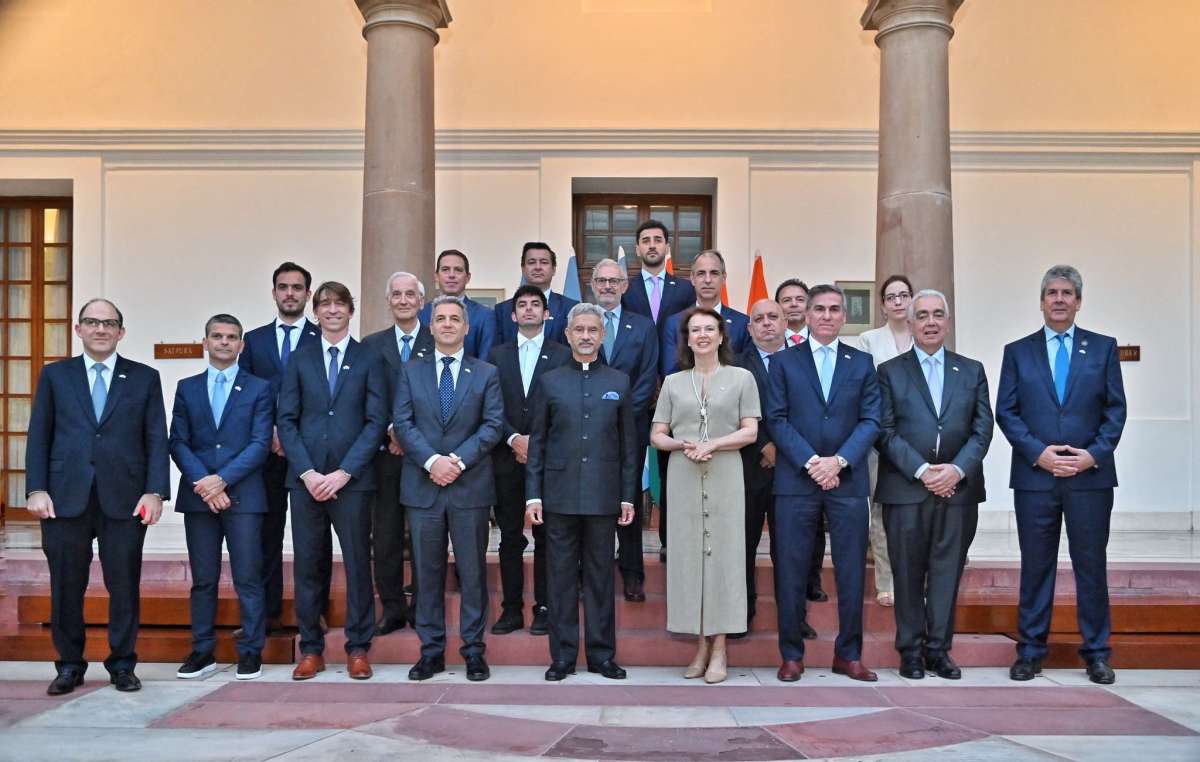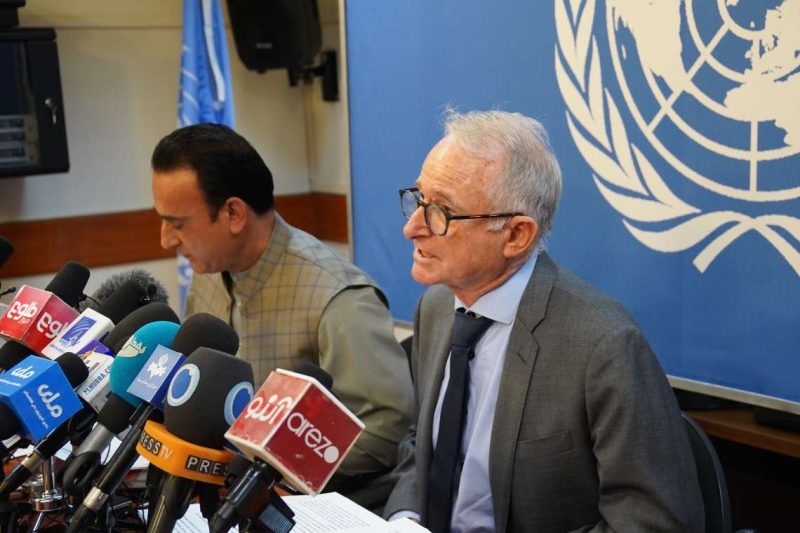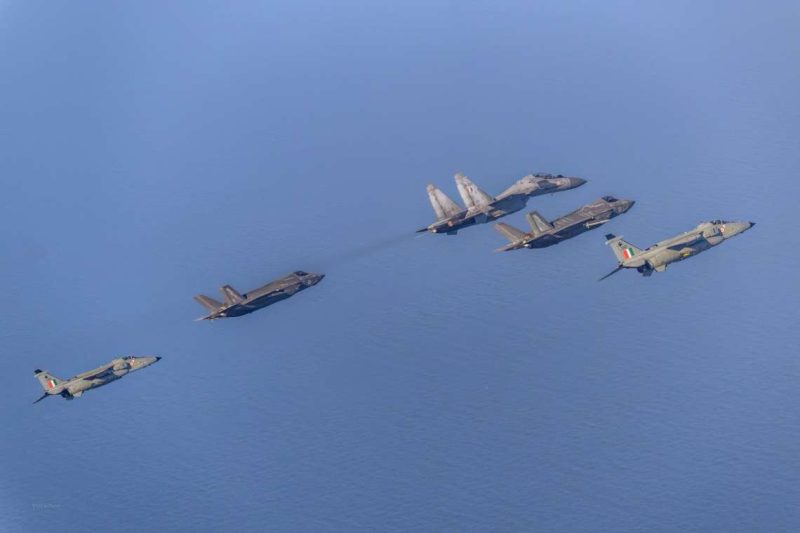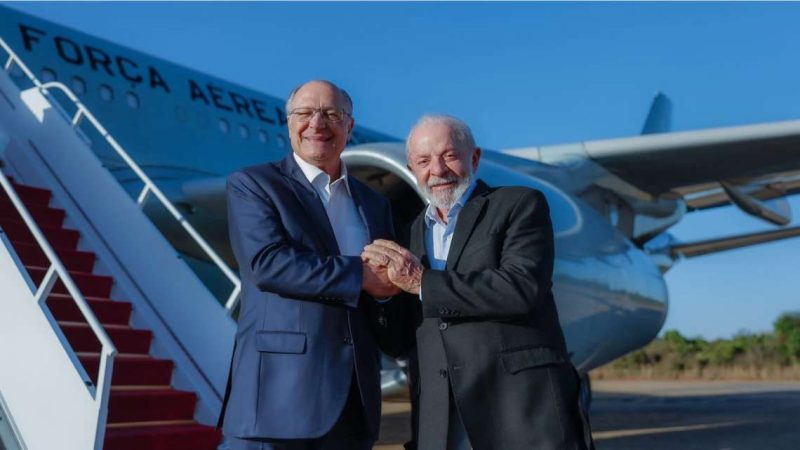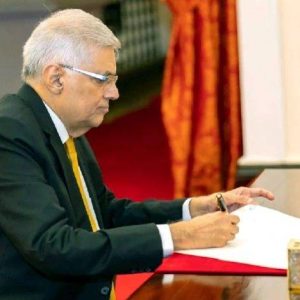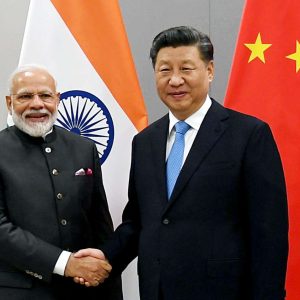The Ambassador said that that “global action must now match global ambition,” and added that India supports global digital governance…reports Asian Lite News
India on Monday said that the inter-governmental negotiations input for the ‘Summit of the Future’ (SOTF) did not go far enough in addressing the critical issues related to UN Security Council reforms and its expansion.
India’s permanent representative to the UN, Parvathaneni Harish said that India’s approach to the pact for the future aligned with its broader vision of inclusive and sustainable development, as he recalled Prime Minister Narendra Modi’s address at SOTF in New York last month.
“As Prime Minister Modi stated in his address at the ‘summit of the future’, reform is the key to relevance. My delegation would have liked to see a more ambitious chapter five we continue to believe that the inter-governmental negotiations input for the SOTF did not go far enough in addressing the critical issues related to UN Security Council reforms and expansion,” Ambassador P Harish said.
“We wish that the views expressed by a majority of the UN member states had been clearly captured, in particular with regard to expansion of the council in both permanent and non permanent categories and beginning of text based negotiations within a fixed time frame.On this aspect, we believe the pact definitely falls short,” he added.
The Ambassador said that that “global action must now match global ambition,” and added that India supports global digital governance.
He said, “In skillfully leading this complex process during avery complicated time, India had actively and constructively engaged in the year and a half long consultations on the action oriented document. Under India’s civilizational vision of Vasudaiva Kutumbakam, or the world is one family, we have contributed towards making the pact more human centric and amplifying the voice of the Global South. India’s approach to the pact for the future aligned with its broader vision of inclusive and sustainable development as articulated in the ‘Viksit Bharat’ at 2047 initiative.To realize the goal of a prosperous India. While prioritizing sustainable development, we try to ensure that human welfare, foodsecurity, health security, energy security andclimate finance are also addressed. Evasion of climate action responsibilities by the developed undermines the growth prospects of the developing.”
He further reiterated that while everyone has seen progress in the language on the reform of international financial architecture, more needs to be done.
“In this regard, the G20 New Delhi leaders declaration and the pact for the future converge on some key principles, such as making the international financial system more inclusive, sustainable and resilient, while advocating at the same time for stronger, more democratic global financial institutions,” the Ambassador said.
“We particularly appreciate the strong message condemning terrorism in the pact, which continues to be aserious threat to global peace and security whileareas such as cyber, maritime and space emergeas new theaters of conflict. On this, we would like to stress that global action must now match global ambition. India supports global digital governance, which ensures that national sovereignty and integrity are upheld. We visualize a comprehensive framework for the development, deployment and governance of digital public infrastructure through an open and inclusive process,” he added.
Notably, India has long sought a permanent seat in the Security Council to better represent the interests of the developing world. The nation’s quest has gained momentum with support from the international community.
The UNSC is composed of 15 member states, including five permanent members with veto power and ten non-permanent members elected for two-year terms.
The five permanent members of the UNSC include China, the United Kingdom, France, Russia, and the United States. The non-permanent members of the United Nations Security Council are elected for 2-year terms by the UNGA. (ANI)



